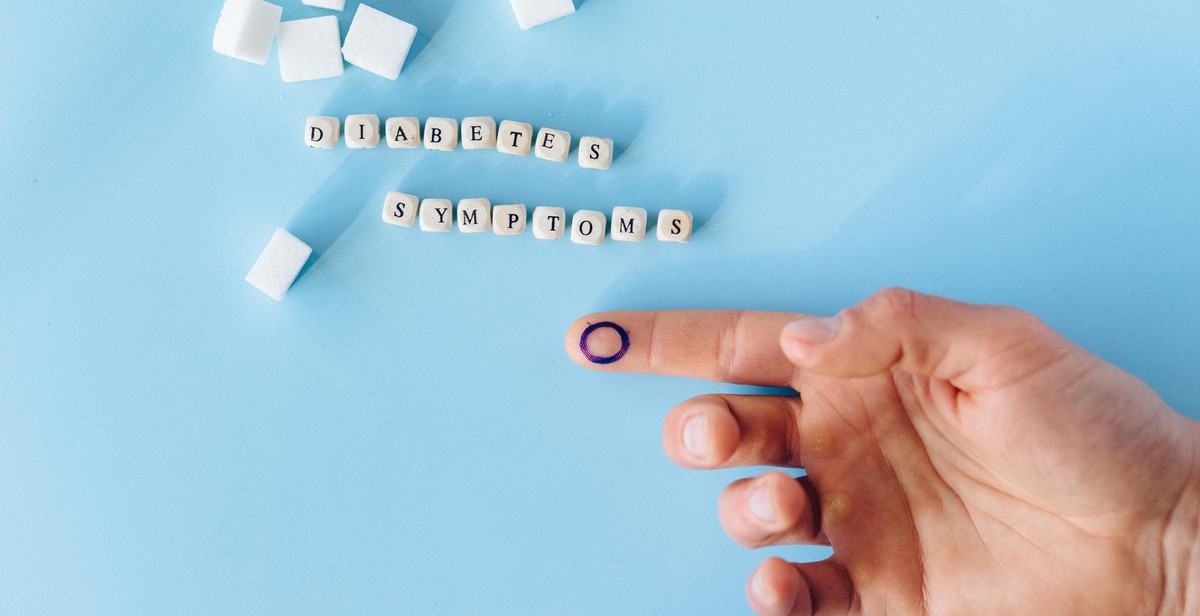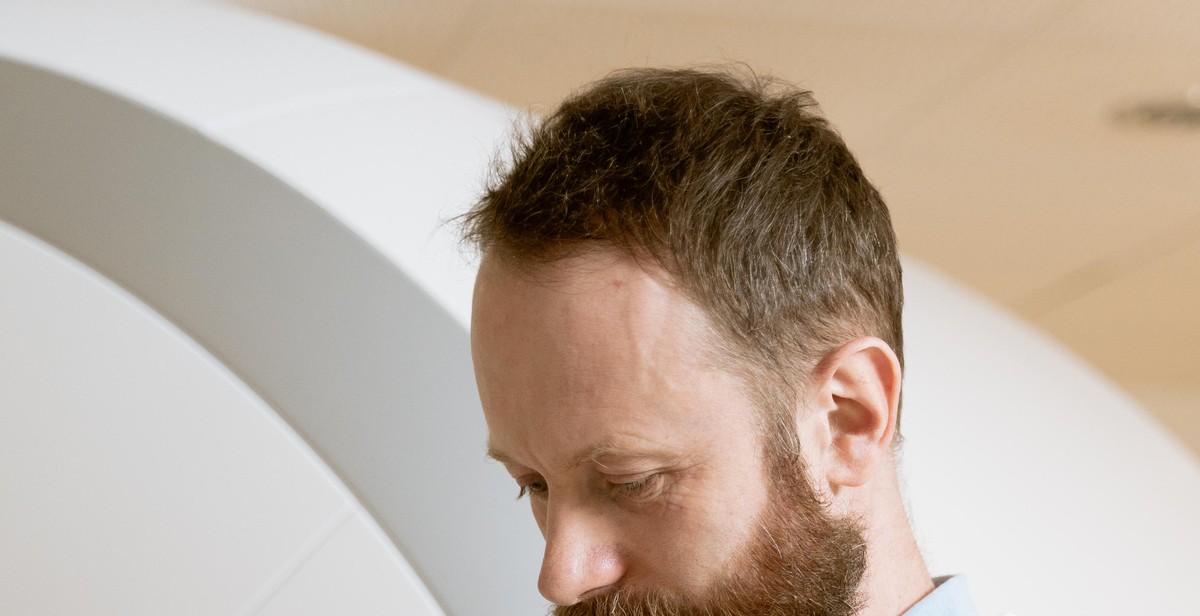Understanding Dissociation: A Look at This Defense Mechanism
As a professional article writer and content creator, I have come across various topics in my line of work. One of the most fascinating and intriguing topics that I have researched and written about is dissociation. Dissociation is a defense mechanism that involves disconnecting from one’s thoughts, feelings, memories, or sense of identity to cope with overwhelming stress or trauma.
In this article, I will provide an in-depth understanding of what dissociation is, how it works, and its various types. I will also discuss the causes and symptoms of dissociation, as well as its effects on individuals who experience it. Moreover, I will explore the different treatment options available for dissociation and provide some tips on how to cope with dissociative episodes.
What is Dissociation?
Dissociation is a mental process that involves a temporary alteration in an individual’s sense of self, perception, or consciousness. It is a defense mechanism that helps individuals cope with traumatic experiences or overwhelming stressors by disconnecting from their thoughts, feelings, memories, or sense of identity. Dissociation can occur spontaneously or deliberately, and it can be mild or severe.
Types of Dissociation
There are several types of dissociation, including depersonalization, derealization, dissociative amnesia, dissociative fugue, and dissociative identity disorder (DID). Depersonalization involves feeling detached from one’s body or self, while derealization involves feeling disconnected from one’s surroundings or reality. Dissociative amnesia involves forgetting important personal information, while dissociative fugue involves forgetting one’s entire identity and starting a new life. DID, formerly known as multiple personality disorder, involves having two or more distinct personalities or identities.
Causes and Symptoms of Dissociation
Dissociation is often caused by traumatic experiences, such as abuse, neglect, or accidents. It can also be a symptom of mental health disorders, such as post-traumatic stress disorder (PTSD), borderline personality disorder (BPD), and dissociative disorders. The symptoms of dissociation vary depending on the type and severity of dissociation, but they can include feeling disconnected from oneself or reality, memory loss, confusion, and identity confusion.
Treatment for Dissociation
Treatment for dissociation often involves psychotherapy, such as cognitive-behavioral therapy (CBT), dialectical behavior therapy (DBT), or eye movement desensitization and reprocessing (EMDR). Medications, such as antidepressants or anti-anxiety medications, may also be prescribed to manage symptoms. Self-care strategies, such as relaxation techniques, mindfulness, and self-compassion, can also be helpful in coping with dissociation.
In conclusion, dissociation is a complex and fascinating defense mechanism that can have a significant impact on an individual’s mental health and well-being. By understanding its causes, symptoms, and treatment options, individuals can learn to cope with dissociation and improve their quality of life.

What is Dissociation?
Dissociation is a psychological defense mechanism that involves disconnection from one’s thoughts, feelings, memories, or sense of identity. It is a way for the mind to cope with overwhelming or traumatic experiences by creating a mental distance from them.
Defining Dissociation
Dissociation can manifest in different ways, from mild detachment to more severe forms of dissociative disorders. Some common symptoms of dissociation include:
- Feeling detached from oneself or one’s surroundings
- Experiencing a sense of unreality or detachment from reality
- Having gaps in memory or forgetting significant events
- Feeling like an outside observer of one’s own thoughts or actions
- Experiencing a loss of sense of identity or self
Types of Dissociation
There are different types of dissociation, including:
| Type | Description |
|---|---|
| Depersonalization | Feeling detached from oneself or one’s body |
| Derealization | Experiencing a sense of unreality or detachment from reality |
| Amnesia | Having gaps in memory or forgetting significant events |
| Identity confusion | Feeling like an outside observer of one’s own thoughts or actions |
| Identity alteration | Experiencing a loss of sense of identity or self |
Dissociation can be a normal and adaptive response to stress, but it can also be a symptom of a mental health condition such as post-traumatic stress disorder (PTSD) or dissociative identity disorder (DID). Understanding dissociation and its various forms is essential for recognizing and treating these conditions.

Causes of Dissociation
Dissociation is a defense mechanism that our brain uses to protect us from overwhelming stress and trauma. The following are some of the common causes of dissociation:
Trauma
Trauma is one of the most common causes of dissociation. When someone experiences a traumatic event, such as physical or sexual abuse, their brain may dissociate from the experience as a way to protect them from the emotional pain. This can lead to feelings of detachment from reality, as well as a sense of being disconnected from one’s own body.
Stress
Stressful situations, such as work-related stress, financial stress, or relationship problems, can also trigger dissociation. When we feel overwhelmed and unable to cope with the stress, our brain may dissociate as a way to escape from the situation. This can lead to feelings of numbness and detachment from the world around us.
Anxiety
Anxiety is a mental health condition that can cause feelings of fear, worry, and unease. In some cases, anxiety can lead to dissociation as a way to cope with the overwhelming feelings. This can result in feelings of unreality and detachment from one’s surroundings.
Depression
Depression is a mood disorder that can cause feelings of sadness, hopelessness, and emptiness. In some cases, depression can also lead to dissociation as a way to cope with the emotional pain. This can result in feelings of detachment from reality and a sense of being disconnected from one’s own emotions.
Overall, dissociation is a complex defense mechanism that can be triggered by a variety of factors. Understanding the causes of dissociation can help individuals recognize the symptoms and seek appropriate treatment.

Symptoms of Dissociation
Dissociation is a defense mechanism that can be triggered by stressful or traumatic events. It’s a way for the mind to protect itself from overwhelming emotions or experiences. Dissociation can manifest in various ways, including depersonalization, derealization, and amnesia.
Depersonalization
Depersonalization is a common symptom of dissociation. It’s a feeling of detachment from oneself, as if you’re observing yourself from outside of your body. Some common depersonalization symptoms include:
- Feeling like you’re in a dream or watching a movie
- Feeling disconnected from your emotions
- Feeling like your body isn’t real or that you’re not in control of it
Derealization
Derealization is another common symptom of dissociation. It’s a feeling of detachment from the world around you, as if everything is unreal or distorted. Some common derealization symptoms include:
- Feeling like the world around you is artificial or like you’re in a movie set
- Feeling like objects or people are distorted or changing shape
- Feeling like time is moving too slowly or too quickly
Amnesia
Amnesia is a less common symptom of dissociation, but it can still occur. It’s a loss of memory for certain events or periods of time. Some common amnesia symptoms include:
- Forgetting important details about a traumatic event
- Forgetting chunks of time or entire events from your past
- Feeling like there are gaps in your memory
If you’re experiencing any of these symptoms, it’s important to seek professional help. Dissociation can be a sign of an underlying mental health condition, and a mental health professional can help you understand and manage your symptoms.

Diagnosis of Dissociative Disorders
Diagnosing a dissociative disorder can be challenging due to the diverse and complex nature of the condition. However, several reliable diagnostic criteria exist to help mental health professionals identify and treat dissociative disorders.
Diagnostic Criteria
The Diagnostic and Statistical Manual of Mental Disorders (DSM-5) outlines specific criteria for dissociative disorders. According to the DSM-5, the essential feature of a dissociative disorder is a disruption in the normal integration of consciousness, memory, identity, emotion, perception, body representation, motor control, and behavior.
There are several types of dissociative disorders, and each has its own set of diagnostic criteria. These include:
- Dissociative amnesia: Inability to recall important personal information, usually related to a traumatic or stressful event.
- Dissociative identity disorder (DID): Presence of two or more distinct personality states that recurrently take control of the individual’s behavior, accompanied by an inability to recall important personal information that is too extensive to be explained by ordinary forgetfulness.
- Depersonalization-derealization disorder: Persistent or recurrent experiences of feeling detached from oneself or one’s surroundings.
- Other specified dissociative disorder: Symptoms of a dissociative disorder that do not meet the full criteria for any specific disorder.
- Unspecified dissociative disorder: Symptoms of a dissociative disorder that do not meet the criteria for any specific disorder and are not due to a general medical condition or substance use.
Dissociative Disorders
Dissociative disorders are not uncommon and can impact an individual’s daily life. It is essential to seek professional help if you suspect you or someone you know may be experiencing symptoms of a dissociative disorder.
| Type of Disorder | Diagnostic Criteria |
|---|---|
| Dissociative amnesia | Inability to recall important personal information, usually related to a traumatic or stressful event. |
| Dissociative identity disorder (DID) | Presence of two or more distinct personality states that recurrently take control of the individual’s behavior, accompanied by an inability to recall important personal information that is too extensive to be explained by ordinary forgetfulness. |
| Depersonalization-derealization disorder | Persistent or recurrent experiences of feeling detached from oneself or one’s surroundings. |
| Other specified dissociative disorder | Symptoms of a dissociative disorder that do not meet the full criteria for any specific disorder. |
| Unspecified dissociative disorder | Symptoms of a dissociative disorder that do not meet the criteria for any specific disorder and are not due to a general medical condition or substance use. |

Treatment for Dissociation
The good news is that dissociation can be treated. The most effective treatment for dissociation is therapy, specifically, psychotherapy. Psychotherapy is a form of talk therapy that helps individuals explore their thoughts, feelings, and behaviors in a safe and supportive environment.
Types of Psychotherapy for Dissociation
There are various types of psychotherapy that can be used to treat dissociation, including:
- Cognitive-behavioral therapy (CBT): This type of therapy helps individuals identify and change negative thought patterns and behaviors that contribute to dissociation.
- Dialectical behavior therapy (DBT): DBT helps individuals learn new coping skills and improve their emotional regulation.
- Eye movement desensitization and reprocessing (EMDR): This therapy helps individuals process traumatic memories and reduce the symptoms associated with them.
Medication for Dissociation
In some cases, medication may also be used to treat dissociation. The most commonly prescribed medications for dissociation are antidepressants and anti-anxiety medications. These medications can help reduce symptoms such as anxiety and depression, which can trigger dissociation.
| Medication | How it Works | Possible Side Effects |
|---|---|---|
| Fluoxetine (Prozac) | SSRI antidepressant that increases serotonin levels in the brain. | Nausea, dizziness, insomnia. |
| Clonazepam (Klonopin) | Anti-anxiety medication that decreases activity in the brain. | Drowsiness, confusion, memory problems. |
| Quetiapine (Seroquel) | Antipsychotic medication that helps regulate mood and behavior. | Drowsiness, dry mouth, weight gain. |

Conclusion
Overall, dissociation is a complex and often misunderstood defense mechanism that can have significant impacts on an individual’s mental health and well-being. By understanding the different types of dissociation, their causes, and how they manifest, individuals can better recognize when they may be experiencing dissociation and seek appropriate treatment.
It is important to note that dissociation is not a diagnosis in and of itself, but rather a symptom of other mental health conditions, such as PTSD or dissociative disorders. Seeking professional help from a licensed therapist or mental health provider is crucial for accurately identifying and treating dissociation.
Through therapy and other interventions, individuals can learn coping mechanisms and strategies to manage dissociation and reduce its negative effects on their lives. It is also important for loved ones and support systems to educate themselves on dissociation and offer understanding and support to those who may be struggling with this defense mechanism.
References:
- American Psychiatric Association. (2013). Diagnostic and statistical manual of mental disorders (5th ed.).
- Brand, B. L., McNary, S. W., Myrick, A. C., Classen, C. C., Lanius, R., Loewenstein, R. J., & Pain, C. (2012). A longitudinal naturalistic study of patients with dissociative disorders treated by community clinicians. Psychological Trauma: Theory, Research, Practice, and Policy, 4(4), 382–391.
- International Society for the Study of Trauma and Dissociation. (2011). Guidelines for treating dissociative identity disorder in adults, third revision. Journal of Trauma & Dissociation, 12(2), 115–187.
